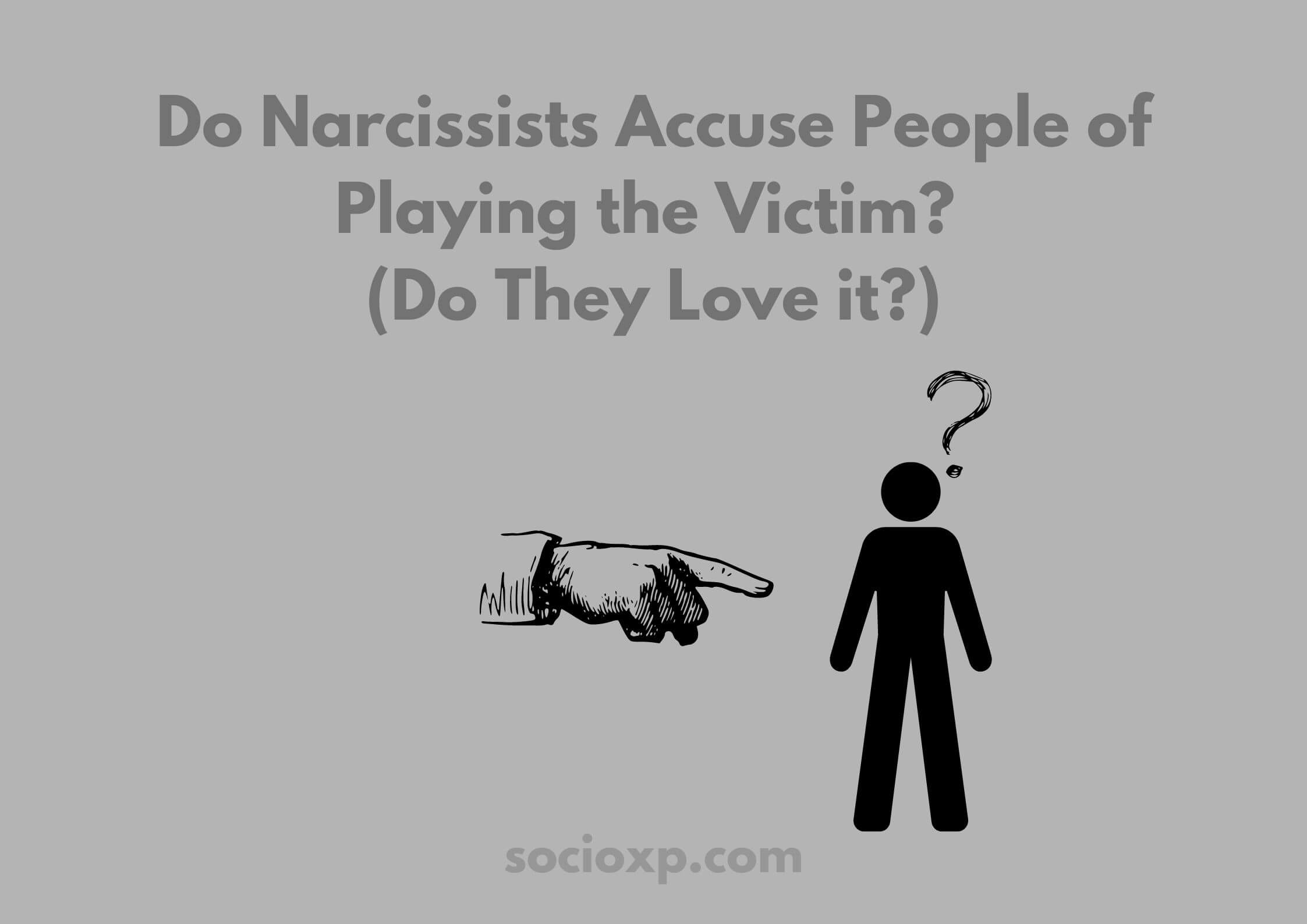The Fragile Reality Of Vulnerable Narcissism
Vulnerable Narcissism also known as fragile narcissism is a type of narcissism, which is a mental health disorder. Though narcissism is a relatively old concept, there is less acknowledgment regarding the same. Let us know the reality of Vulnerable Narcissism.
Narcissism is widespread nowadays, with feelings like stress, anxiety, and depression being a common part of people’s lifestyles. Mental health disorders are on the rise as people are becoming more connected to the social media world rather than each other.
Living in a world full of complex people, one may come across some of the most challenging people to deal with, the Narcissists.

A Narcissist is someone who is often characterized and peculiar regarding their trait of being self-absorbed. They hardly think about others. They always prioritize their self and their needs above others. They have a high sense of self-importance, so much so that they might even ignore their, partner, children, or even parents. Thus it can be concluded, that narcissists only care for themselves, their needs and desires, and their wishes.
One might be able to identify these toxic individuals based on their volatile, loud, and grandiose gestures, who are identified as overt narcissists, but what about those individuals who may not be as flashy as them? These individuals are the covert narcissists, who unlike the overt narcissists do not display any such loud and clear traits and characteristics of narcissism.
Vulnerable narcissism is often recognized as a subtype of covert narcissism.
Then how would you identify these individuals with covert narcissism or vulnerable narcissism?
What is Vulnerable Narcissism?
Vulnerable narcissism is a type or form of narcissistic personality disorder(NPD). It is often recognized as a subtype of covert narcissism. It is characterized by emotional fragility, over-dependency on others for validation and approval, high sensitivity to criticism, and low self-esteem.
A grandiose sense of self remains the top trait for all types of narcissism. Though vulnerable narcissists are people who are reserved, shy and like to stay behind the curtains, they overly protect their grandiosity as they think highly of themselves.

Vulnerable narcissists constantly seek attention, admiration, and validation from others. They have an intense fear of rejection, criticism, and abandonment. They become anxious, distressed, and vulnerable when they do not gain enough attention, praise, and validation.
Vulnerable narcissists generally present themselves as being introverted, anxious, and insecure. They also share the same core insecurities as other narcissists. Some traits of vulnerable narcissists include,
Traits of Vulnerable Narcissists
High sensitivity to criticism – Generally narcissists are unable to digest criticism and they might even plan an act of revenge when someone humiliates them, especially vulnerable narcissists. They have their ways of responding which may not be volatile but damaging.
Appearing Shy – Vulnerable narcissists are usually more inclined toward introversion than other types of narcissism, as they are afraid of exposing their flaws. Thus they are shy.
Self-serving Empathy – A vulnerable may use empathy to gain attention and validation, and once they gain what they need, they may disconnect with you. Thus their empathy is self-serving and outwardly.
Inflated sense of self-importance – Vulnerable narcissists may come across as shy and introverted but their sense of self-importance may be roaring. They may make such comments and expressions that may indicate their superiority. They may roll their eyes, make expressions, or yawn at you. All this indicates their superiority.
Holding Grudges – Vulnerable narcissists may remember what you did to them even if it was a decade ago. They may not let go of the bad things easily.
High levels of Anxiety – Vulnerable narcissists project their anxious thoughts onto their loved ones, accuse them of being responsible for the negativity they bring into the narcissist’s life, and thus blame their partners for whatever troublesome may be happening in their life. Thus they transfer their anxiety onto others and blame them. They do this due to low self-esteem and self-doubt.
Grandiose Vs. Vulnerable Narcissism
Narcisists in general are demanding. They need constant admiration, attention, and validation in the form of narcissistic supply. They are controlling and dominating. They believe they are superior and thus feel entitled. Due to their fragile self-esteem, they project self-doubt onto others and thus they release their anxiety.
The more troubled and worried others are due to them, the happier they will be. They like to create drama and chaos in other people’s lives. Both vulnerable and grandiose narcissism share the same set of traits. How are they different then?
Points of differences
| Grandiose Narcissism | Vulnerable Narcissism |
| Loud and volatile rage outbursts | Silent yet visible display of anxiety and depression |
| Direct and intimidating approach for sharing criticism, judgments, and disagreements. | Noticeable gestures for gaining attention, admiration, and validation (narcissistic supply). |
| Use of aggression as a defense mechanism. | Shy personalities and a subtle yet noticeable approach to seeking attention, admiration, and validation (narcissistic supply). |
| Shy personalities and a subtle yet noticeable approach to seeking attention, admiration, and validation (narcissistic supply). | Use of withdrawal and overly modest gestures as a defense mechanism. |

What causes Vulnerable Narcissism?
There are not many rooted answers for the causes of Narcissistic Personality Disorder, but according to many research and analyses provided by psychologists, therapists, mental health and psychology experts, there are a few known key factors that can be the causes of Narcissistic Personality Disorder.
- Heredity
- Brain Mutations
- Genetic transmission from parents to offspring
- Parenting flaws
- Acquiring through some arbitrator like friends, partner, or anyone influential enough in life
- Sexual exploitation
- Abuse
- Childhood trauma
Some known causes of vulnerable narcissism,
Excessive praise
When someone is excessively praised, complimented, and admired for trivial reasons, such reasons contribute to the development of narcissism.
Childhood trauma
The correlation between developing narcissism and experiencing childhood trauma is higher. Narcissism often develops as a form of coping mechanism against physical, mental, or emotional abuse, loss of a loved one, violence, witnessing separation and constant fights, or experiencing anything that can leave a person feeling wretched. Vulnerable narcissism especially develops when emotions are suppressed and are not allowed to be expressed.
Brain abnormalities
Brain composition plays a vital role in Narcissistic Personality Disorder, as Brain chemistry and brain mutations can be deeply affected. This even affects the structural development of the brain. The cerebral cortex translates sensory data into pleasant and unpleasant emotional responses.
Narcisists’ brains showed less gray matter according to a study published by a mental health expert. This gray matter is responsible for regulating emotions and this could explain the lack of empathy, compassion, and care that are missing in narcissists.
Dysfunctional Families
Families with dysfunctional dynamics are triggers for the onset of Narcissistic personality Disorder due to an unhealthy and toxic environment.

Signs of Vulnerable Narcissism
These signs can help you spot a vulnerable narcissist. Though not everyone would be a narcissist who might be displaying such traits, a constant display of these traits can be a sign of narcissism.
- Self-victimization
- Intense need to seek validation from others
- Idealizing others
- Avoiding intimacy of any form
- Fragile self-esteem
- Passive aggression
- Blameshifting
- Introversion
Treatment for Vulnerable Narcissists
Seeking therapy becomes one of the most challenging aspects for narcissists, as they are blinded by the fact that they need self-improvement. They might ignore you or turn a blind eye when you point out that they need to work on themselves and that professional help would be best.
Therapy could help vulnerable narcissists and thus it may offer a way to solve deeply rooted psychological issues for them.
But it all depends on finding the right therapist. The right therapist can guide the narcissists in a way they may understand. You may look through profiles on the internet or consult some friends who may be seeking therapies.
Narrowing and filtering out searches can take you one step closer to finding the right therapist. Thus consult and evaluate your choices and search for the correct therapist.
The Fragile Reality Of Vulnerable Narcissism
The fragile reality of vulnerable narcissism is that it is driven by a deep-rooted of being exposed. They strive for external validation and fear criticism. Vulnerable narcissism can impact various aspects of the individuals who are suffering.
The fragile reality here is that vulnerable narcissism can affect anyone, along with affecting the various aspects of their life due to any reasons mentioned above. There is no specific age group, circumstance, or life event that can be generalized for being the victim of a mental health disorder.
Thus it can interrupt the emotional well-being, relationships, personal and professional life, along with the people around.
Though vulnerable narcissists may look arrogant or rude in their behavior, they may be fighting a war of emotions, insecurities, and trauma from within. They may not be able to fight it completely and not hide it completely, thus they may be suffering along with the people around them.
Thus if this fragile reality of vulnerable narcissism is acknowledged, understood, and intervened, vulnerable narcissists can acquire a greater amount of support. They may be able to build healthier relationships, can emotionally establish themselves in the relationships, and be more self-acceptable.
What should you do if you think you are a Vulnerable Narcissist?
You may be having mixed feelings about this, being overwhelmed, stressed, and confused. But worrying will worsen the situation. If you think you are a vulnerable narcissist, here are some things that you can do to manage your mental health and shield your loved ones.
- Tips you may take into consideration if you think you are a vulnerable narcissist,
- Start building your self-esteem and self-confidence so that when the situations get tough, you may not blame people around you.
- Find ways in which you can regulate your emotions so that you do not create chaos and drama around you.
- Be gentle with yourself, as no one is perfect.
- Everyone has shortcomings, so do not stress about them.
- Try to develop positive defense mechanisms.
- Seek professional help from a mental health expert or a therapist.
Final Thoughts
Vulnerable narcissists can be difficult to spot and deal with. You may get tangled with their toxicity and thus may be unable to disengage quickly. So the best way here is to take care of your well-being first by prioritizing yourself, your mental health, and your emotional well-being.
- What to expect when the Narcissist knows you know? – 11 Potential Reactions - November 6, 2025
- How does a Narcissist respond to No Contact?: 10 Plausible reactions - November 6, 2025
- The Inverted Narcissist: Traits that Describe Them - November 6, 2025


